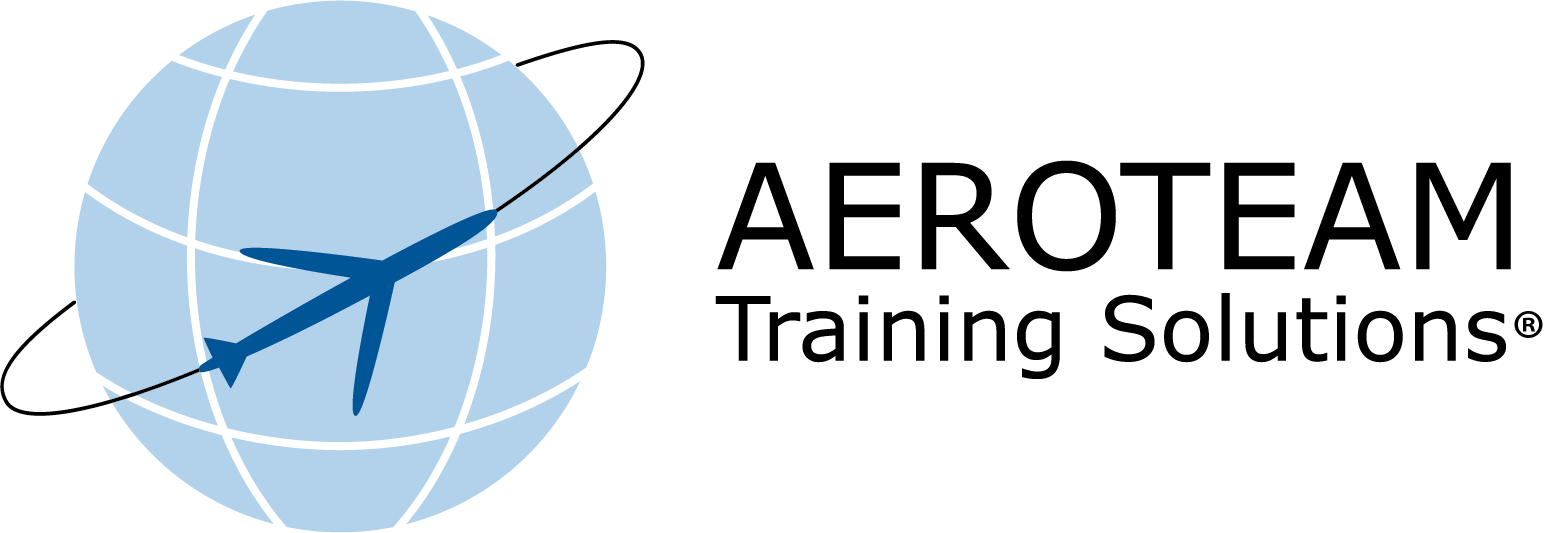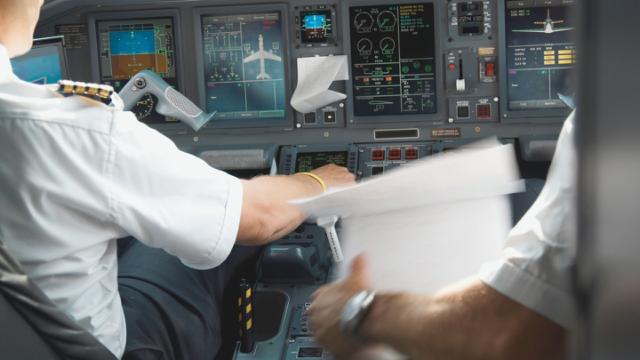
Human Factors in the Hangar:
How to Deal?
The hangar is a workplace vulnerable to human factors. Training in human factors, a just safety culture, and proactive safety management strategies all contribute to mitigating the negative effects of human factors. We cannot remove them entirely. But we can learn how to deal with them more effectively.
Pilots, cabin crew members, and maintenance staff are all susceptible to human factors. Their jobs reflect a high-pressure, high-risk, and complex environment in which split-second decisions, miscommunication, fatigue from long working hours, and lack of teamwork can significantly influence safety.
In this article, we examine how maintenance staff can combat the negative effects of human factors when performing their jobs in the hangar.
Training Provides the Necessary Tools
You cannot make decisions, work together as a team, or solve complex tasks if you have not trained these skills. Therefore, training in human factors remains crucial if the goal is to enhance safety and efficiency when performing jobs in the hangar.
Training ensures that you not only know how to communicate, work together, manage fatigue, and make decisions under pressure. You also know why these skills are important to possess and maintain.
Read more: The Critical Role of Human Factors Training in Aviation
Three Principles to Deal with Human Factors
Training is one way to mitigate the impact of human factors in the operational environment. But training cannot stand alone. In fact, there are other good principles which further support the skills and knowledge acquired during training.

Aircraft mechanics must learn to deal with human factors and understand how
behaviour, communication, and decision-making influence their work.
We have highlighted three principles which are effective in dealing with human factors:
- Proactive prevention of error: Make sure that your company SOPs and general safety protocols address human factors and suggest pre-emptive measures to mitigate safety risks and limit human errors.
- Effective risk management: As an aircraft mechanic or maintenance engineer, your foremost job is to conduct thorough inspections before and after a job, adhere to safety protocols, and actively use the manuals. The purpose of this is to minimise and manage risk. You must also be able to address and correctly identify any issues or hazards, thereby minimising the likelihood of human error and other safety-related incidents.
- Continuous improvement: It is important that the organisation adopts a mindset which emphasises the importance of continuous improvement and learning from past mistakes. By urging maintenance staff to speak up about issues and potential risks, we can integrate lessons learned into future practices. This helps promote a strong safety culture capable of dealing with human factors.
Read more: The Human Factor: When Humans Make Mistakes…
Be Aware
Dealing with human factors is contingent upon continuous training, practical experience, and a strong safety culture within the organisation. These factors contribute to the development of a heightened sense of situational awareness. In other words, you become more aware.
Being more aware enables maintenance staff to identify and address potential safety hazards before they escalate into a critical or potentially fatal situation.
It is also crucial to have a good understanding of the situation when your job is to inspect, repair, and maintain aircraft. Why is that? If the aircraft is not ‘safe’ when it leaves the hangar, your colleagues in the skies will be compromised.
And if safety is compromised, the risk of human error becomes more apparent. But if maintenance staff learn how to deal with human factors, the risk of accidents associated with human error is reduced.
Essentially, doing the training, being thorough, and paying attention to the job helps ensure a safer and more efficient industry.
Explore Our World of Active Learning
Get acquainted with MAYDAY - an interactive training solution for the global aviation industry.






